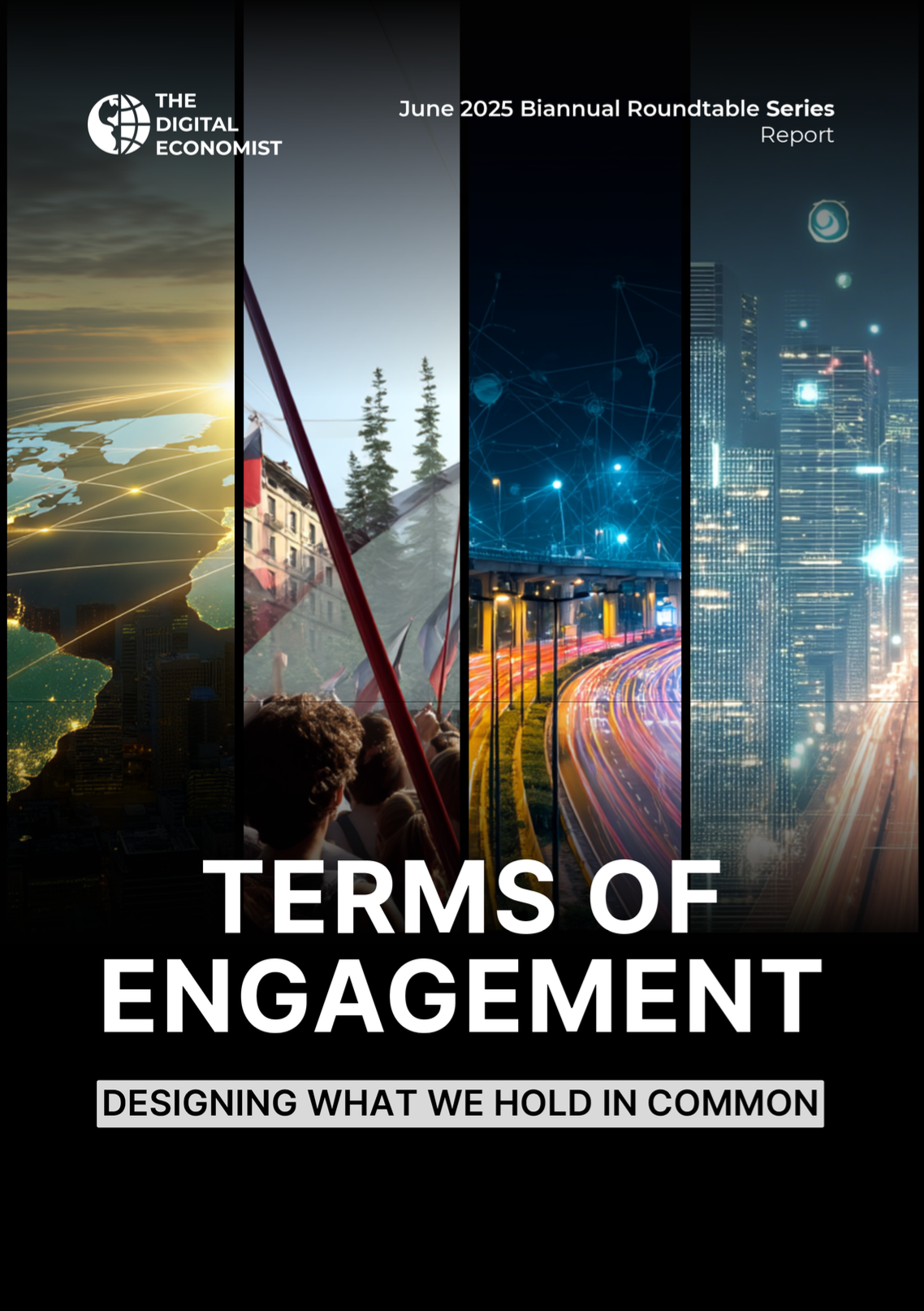
The analysis discusses the current US administration's immigration policy, particularly its focus on limiting immigration from African nations, especially those with Portuguese-speaking heritage. Since the first Trump administration, US immigration policies have increasingly relied on visa restrictions and travel bans, significantly impacting international governance and economic stability in the affected regions. The analysis highlights four Lusophone African nations—Equatorial Guinea, Angola, Cabo Verde (Cape Verde), and São Tomé and Príncipe—that are affected by recent travel bans, which are significant due to their historical ties to the former Portuguese empire and their strategic geographical positions in the Atlantic. The rationale for including these countries in the US travel ban is framed within the broader context of the administration's immigration policy, exploring the reasons behind these restrictions, particularly how historical legacies and contemporary geopolitical considerations influence US relations with these nations. The paper excludes a detailed examination of Equatorial Guinea, citing existing research on its high visa overstay rates in the US and the inadequacy of vetting data available to US authorities; although officially a Spanish-speaking country, Portuguese is widely used there, and it is part of the CPLP (Community of Portuguese Language Countries). Overall, the analysis underscores the complex interplay between US immigration policies and the socio-economic realities of Lusophone African countries, aiming to shed light on how historical legacies, current geopolitical interests, and immigration restrictions shape the relationships between the US and these nations.




